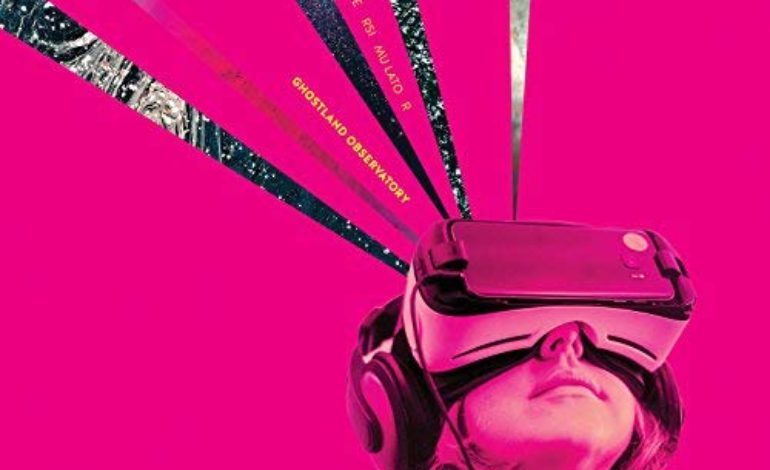

A gratifying reboot that hits the mark
After an eight-year hiatus from Ghostland Observatory, Aaron Behrens and Thomas Turner have finally reunited to collaborate on their fifth studio album, under Trashy Moped. Known for Turner’s aggressively funky beats and Behrens’ Mercury-esque falsetto, the band formerly referred to by Pitchfork as “Daft Punk for frat boys” has turned a new leaf in the realm of electroclash. Less electroclash and more indie rock than previous albums, See You Later Simulator is a breath of fresh air amidst the band’s usual hurricane of sound.
After positive critical reception of their first two albums Delete.Delete.I.Eat.Meat. and Paparazzi Lightning, which scream the proclivity of boisterous innovation of the indie world of the time, the band took a nosedive with Robotique Majestiqueand Codename: Rondo, which insistently reproduces the same generic wedding singer vibes that many of their songs consist of.
See You Later Simulator, however, is a well-crafted compilation of songs which seeks to define the notion of reality in an age where humanity has largely become disconnected. It opens with the robotic beep-boops of “Paradise Lost,” which transports listeners into The Matrix, yielding soundscapes which instantly plant visions of Neo and the fluttering tails of his black trench coat in an underground ‘90s club. Turner brings images of the future into mind with his bumpin’ house beats with “Permanent Vacation,” “We Understand” and “See You Later,” which make listeners feel as if they have projected both into the future and the past. This album is more diversified than previous ones, with indie rock ballad “Sometimes” and “Miss Abyss,” which simulates a version of reality reminiscent of the Scissor Sisters, and the funky roller disco beats of the ’70s and early ’80s. Both “Open Wound” and “Loner” encompass feelings of lost love and of nostalgia, which remind listeners of the collective loneliness of the human experience. Finally, ending with “Life of the Party,” the album closes with a classic electroclash of sounds reminiscent of earlier GLO work.
“This is our rebirth, the phoenix rising from the ashes,” stated frontman Behrens. “We’re stepping out of the weird simulation we’ve been in and coming back into the world for the beginning of round two.”
After years of experimentation and then hiatus, it seems as if Turner and Behrens have finally found the perfect balance between funky vocals and a good beat, which seem to compete for attention in previous GLO albums. They have found themselves a way out of the simulation and back into real life.
